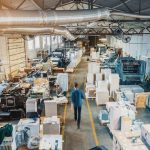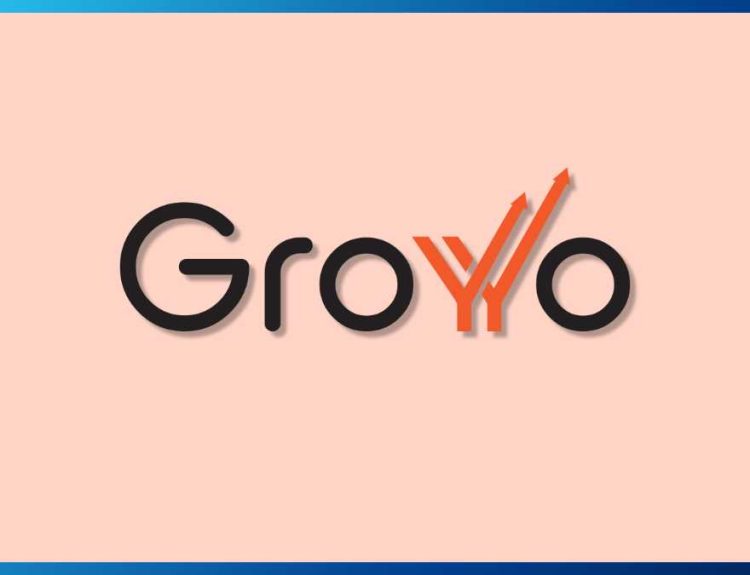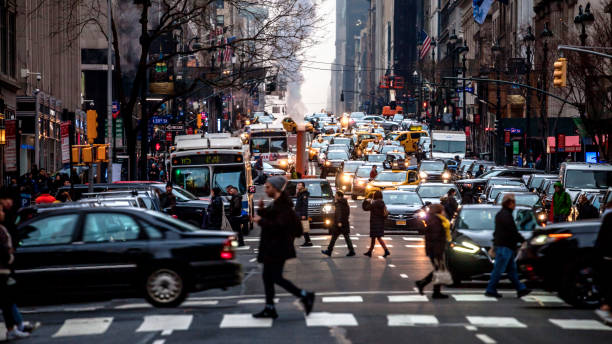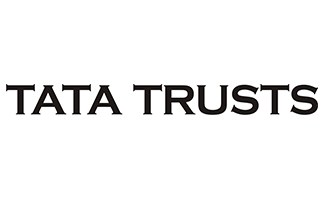Tesla’s CEO, Elon Musk, announced on Wednesday that the electric car company plans to offer driverless ride-hailing services to the public in California and Texas next year. This ambitious move is expected to face significant regulatory and technical challenges.
“We believe we can have driverless Teslas providing paid rides next year,” Musk said during Tesla’s quarterly earnings call. He noted that Tesla already offers an app-based ride-hailing service to employees in the San Francisco Bay Area. This statement builds upon his earlier pledge made two weeks ago at Tesla’s robotaxi unveiling, where he predicted “unsupervised” self-driving in certain Tesla vehicles by 2025. The lack of a detailed business plan for the robotaxi at that event had caused Tesla’s stock to drop. However, on Wednesday, Tesla regained some investor confidence by forecasting a significant increase in vehicle sales next year.
In California, Tesla will face considerable challenges in securing the necessary permits to provide fully autonomous rides to paying customers.
Alphabet’s Waymo, which offers paid rides in self-driving vehicles in the Bay Area, Los Angeles, and Phoenix, Arizona, spent years testing and logging millions of miles before receiving its first permit from the California Public Utilities Commission (CPUC), which regulates ride-hailing services.
The California Department of Motor Vehicles (DMV), responsible for overseeing the testing and deployment of autonomous vehicles in the state, told Reuters that Tesla last reported using its autonomous vehicle testing permit in 2019. That permit requires a safety driver to be present.
The DMV stated that Tesla does not have, and has not applied for, a permit to test autonomous vehicles without a driver.






